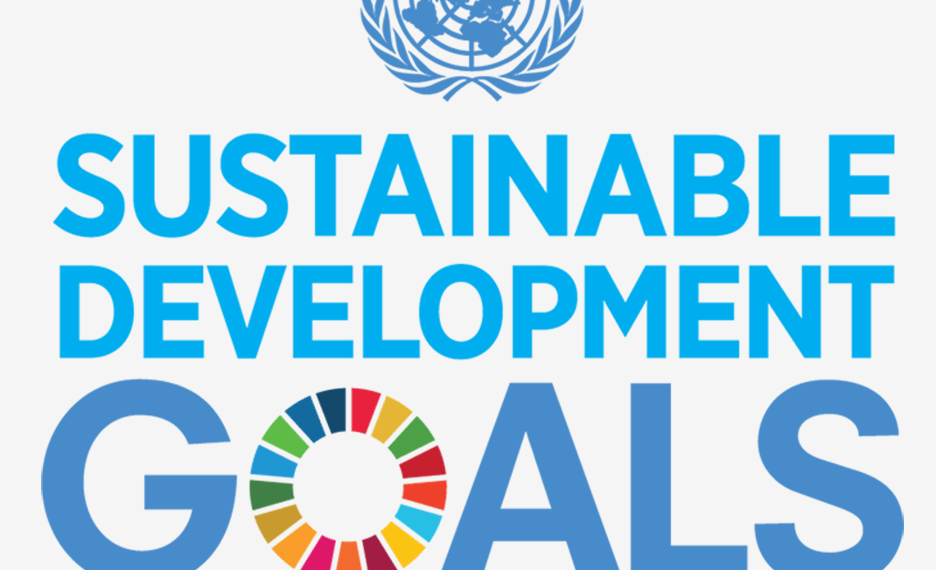Q&A
You shared a philosophy that “we are all entrepreneurs”, and we can change the world with one microloan at a time. How can entrepreneurship help reduce inequality, and generate wealth especially for those from least developed countries?
I am pointing out that capitalist theory stipulated that almost all human beings will have to make living by working for someone else. They’ll be employees or workers. That’s their destiny. This assumption has led to massive problems of unemployment and dependence on capitalists. This suppressed the creative power of human beings. Each human being is packed with unlimited creative power. This is wasted by becoming a job-seeker.
I am arguing that all human beings are entrepreneurs by birth. They cannot actually become so because we have created a job-oriented world. Institutions do not exists to support entrepreneurship.
In an imaginary world where everybody is an entrepreneur there will be no wealth concentration, because wealth concentration is possible if vast majority of people work for capitalists. If nobody is working for them they cannot amass wealth. They’ll be just like everybody else, getting the wealth through what they worked for. As a result there will be no inequality.
In terms of creative capacity there is no difference between the people of a rich country or a poor country. Once economy allows it everybody’s creative capacity will come out, there will be no difference in wealth creation between rich country and poor country.
Microcredits from your bank have often been given to women. What is the connection between poverty reduction and giving economic opportunities to women?
Unleashing the entrepreneurial capacity of women transform the society in every aspect, not just economically, but socially, politically and health wise.
Women in every society have remained as untapped power. Microcredit addressed unleashing that power. Not only it helped the family be self- reliant and come out of poverty, it also empowered women socially and politically. Unleashing the entrepreneurial capacity of women transform the society in every aspect, not just economically, but socially, politically and health wise.
How can corporations worldwide support social business and help to reduce poverty?
Every business can create one or more social businesses as a part of their business activity. We have many examples of such initiatives from global companies, like Danone, Intel corporation, Credit Agricole, Veolia, McCain, Uniqlo, etc. Now globally companies contribute a part of their profit in Corporate Social Responsibility programme. This, or in addition to this, companies can create social businesses to address the problems of society wherever they work.
What can the international community do to empower and promote social, economic and political inclusion of all, irrespective of age, sex, economic or other status?
Already powerful initiatives are taken in this direction through the United Nations. UN General Assembly already adopted 17 Sustainable Development Goals to be achieved by 2030. This UN charter has been approved by all nations of the world.
The goals and strategy to achieve them have been laid out. UN is trying to make general citizens, particularly the youth, become aware of these goals and make them their goals. Individuals are the key to the success of the SDGs. Every individual must be convinced that he or she can make SDG a reality by 2030.
Individuals are the key to the success of the SDGs. Every individual must be convinced that he or she can make SDG a reality by 2030.
I have been encouraging individuals, groups and corporates to create social businesses to accomplish these goals. In addition, create social business venture capital funds to provide venture capital to young unemployeds to become entrepreneurs and start their own businesses. If massive number of social businesses are created all SDGs can be achieved by 2030.
Nobel Laureate Professor Muhammad Yunus is the father of both social business and microcredit, the founder of Grameen Bank, and of more than 50 other companies in Bangladesh. For his constant innovation and enterprise, the Fortune Magazine named Professor Yunus in March 2012 as “one of the greatest entrepreneurs of our time.” In 2006, Professor Yunus and Grameen Bank were jointly awarded Nobel Peace Prize.



